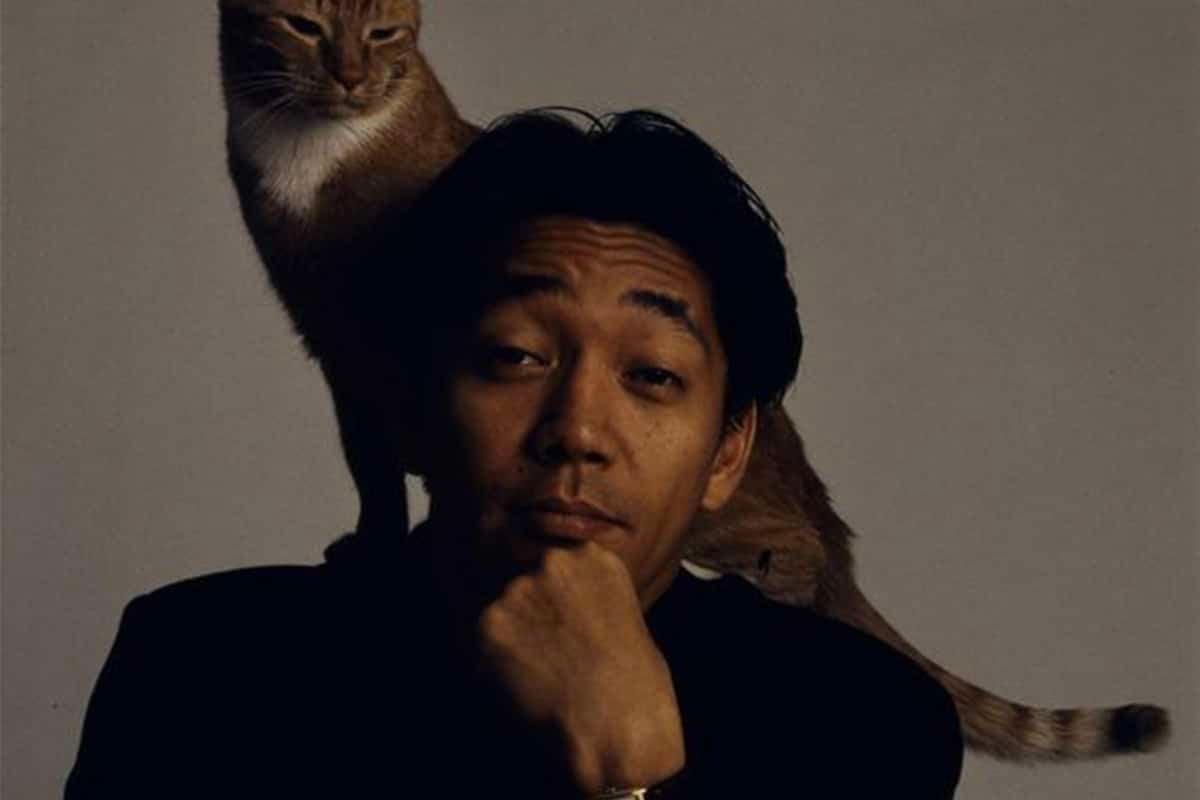
Modern music and film has lost a titan in the passing of Ryuichi Sakamoto this week. In a career spanning six decades, his name has become synonymous with hugely experimental, genre-colliding work. Blazing a pioneering trail, he seemed to leave no stone unturned. From his days in experimental, Kraftwerk-esque pop group Yellow Magic Orchestra, to the only very recently released 12, a pared-back album of ambient etudes from a long post-operative stint in hospital, we take a look back on the composer's masterful metamorphosis.
Born in Tokyo in 1952, Sakamoto studied both electronic music and ethnomusicology at the Tokyo National University of Fine Arts and Music, where he voraciously studied the work of modern composers like Boulez, Stockhausen and Ligeti.
His early collaborations with percussionist Toshiyuki Tsuchitori were almost entirely improvisational, and solidified Sakamoto's mastery of the keyboard and interest in the burgeoning world of synthesisers.
In the late 70s, he co-founded the Yellow Magic Orchestra group with Yukihiro Takahashi and Haruomi Hosono. Already on the cutting edge of sound, the band were among the first to utilise sampling (which they took from video games) and vocoders in their music. Catching the attention of audiences and critics overseas, the band's first album was a surprising hit, and closely followed by a sophomore release that saw their sound trek further into the depths of synthpop and disco.
Venturing out on his own, Sakamoto released his first solo music in 1978, his debut a foray into the jazz-fusion genre. Ever-unpredictable, he then found himself cast alongside the likes of David Bowie and Takeshi Kitano in the WWII prisoner-of-war film Merry Christmas, Mr. Lawrence, where he simultaneously delivered the film's soundtrack.
Sakamoto's growing fame in the 80s saw him write and release music in collaboration with a slew of notable musicians, including Iggy Pop, Brian Wilson and fellow New Wave musician Thomas Dolby. But when he was subsequently asked to score Bernardo Bertolucci's film The Last Emperor alongside Talking Heads' David Byrne and Chinese composer Cong Su, Sakamoto found himself inundated with accolades, including an Oscar, Grammy, and Golden Globe.
Since the early 2000s, Sakamoto has been a fixture in popular music and film, never finding himself bound to just one genre. Recording minimalist records with German artist Alva Noto, releasing live orchestral recordings of his compositions and scoring atmospheric soundtracks for art exhibitions, he leap-frogged across pop, ambient, classic and modern art in a way only he knew how, paving the way for emerging genres like electro pop and hip hop, before announcing his cancer diagnosis in early 2021. Contemplating his mortality only a few years earlier in 2017, Sakamoto said:
"I used to know things intellectually, but now I feel them. Now I feel that my body is part of nature, so being sick is just a process of nature, and death is a process of nature, and being reborn through the soil is a process of nature."
View this post on Instagram
Image: Pinterest



